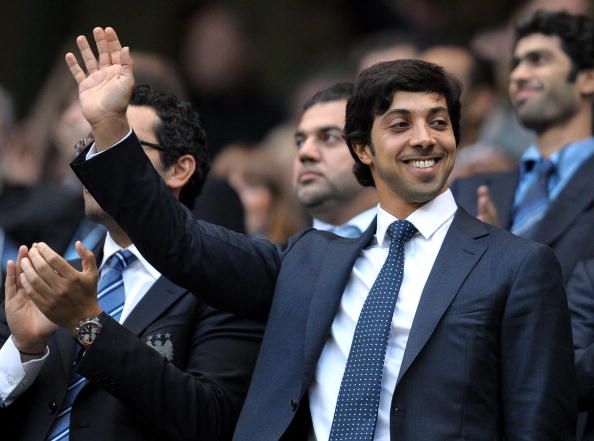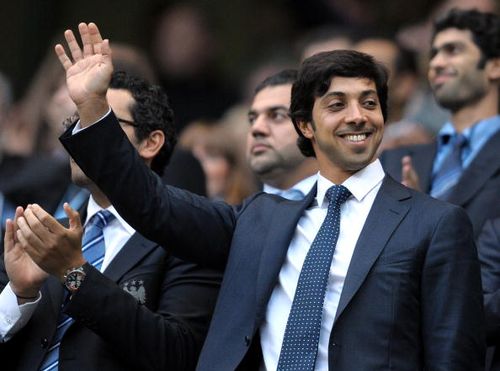
Just how fair is Financial Fair Play?

There is little doubt that football is a lucrative sport but despite the enormous amount of money flowing through the football world, it is quite normal for many clubs to be in astronomical debt. While the likes of Real Madrid, Barcelona, Manchester United, Chelsea are all unlikely to be bankrupt, this is a very real and highly probable scenario for the smaller clubs, as seen in case of Portsmouth or Leeds United before. With this possibility in mind UEFA came up with a plan-Financial Fair Play.
Financial Fair Play(FFP) was introduced as a way of limiting the clubs from spending more than their income and preventing financial troubles in the future. It was also introduced to level the playing field by restricting the big clubs from spending lavishly. Starting in 2012 season, with this regulation in place, clubs will be allowed to suffer an aggregate loss of 45 million euros in the first three years, which will fall to 30 million euros in the corresponding three years and then the clubs will have to break even. The expense on transfers and employee benefits, which includes the wages, will have to be restricted within the income produced by the club which consists of TV revenue, sales, merchandising, gate receipts, outgoing transfers and prize money from competition. This regulation excludes any expense over development of youth system, infrastructure or improvement of club facilities. Failure to meet this regulation will earn the clubs fines and eventually exclusion from the European tournaments.
So, it seemed that the dilemma of big clubs ruling Europe by flexing their financial muscle is over. But ironically, the very rule that was meant to bring a level playing field has all but cemented their place on top.
The big clubs are called ‘big’ for a reason. Due to their large fan base and big stadiums, their sales and ticket revenue will be more than that for a smaller club. Add to it the fact that due to their popularity, these clubs will find it easy to find sponsors, as proved by Manchester United, who even have a separate sponsors for their training jerseys. Due to their higher income, it is therefore possible to spend more on transfers and wages, leading to consolidation of the big talents in the football world within a small group of elite clubs. Smaller clubs, whose popularity is lesser, will not be able to spend so much due to their restricted income and hence, unable to match up to the bigger sides. With that in mind, the growth of such clubs and a level playing field, contrary to UEFA claim, will undoubtedly be a much harder feat to achieve to say the least.
With the FFP restriction in place, even the remote chance of a change in fortune of the club due to its takeover by a wealthy owner, as happened in case of Chelsea and Manchester City, is now out of question. Even if it happens, a spending spree like in case of the above mentioned clubs, is out of question due to the fact that the owners’ money is not included in the income section of the FFP regulation and hence, will add on to the expenses section.
All clubs gain money by participating in the tournaments and the clubs playing in the European league (Champions League and Europa league) obtain an enormous amount of money for their participation in the lucrative tournament, which further widens the gulf between the clubs.
Even though the FFP was supposedly instigated to reduce the difference between the bigger and smaller clubs, it seems to have, for all intents and purposes, cemented their supremacy for the foreseeable future.